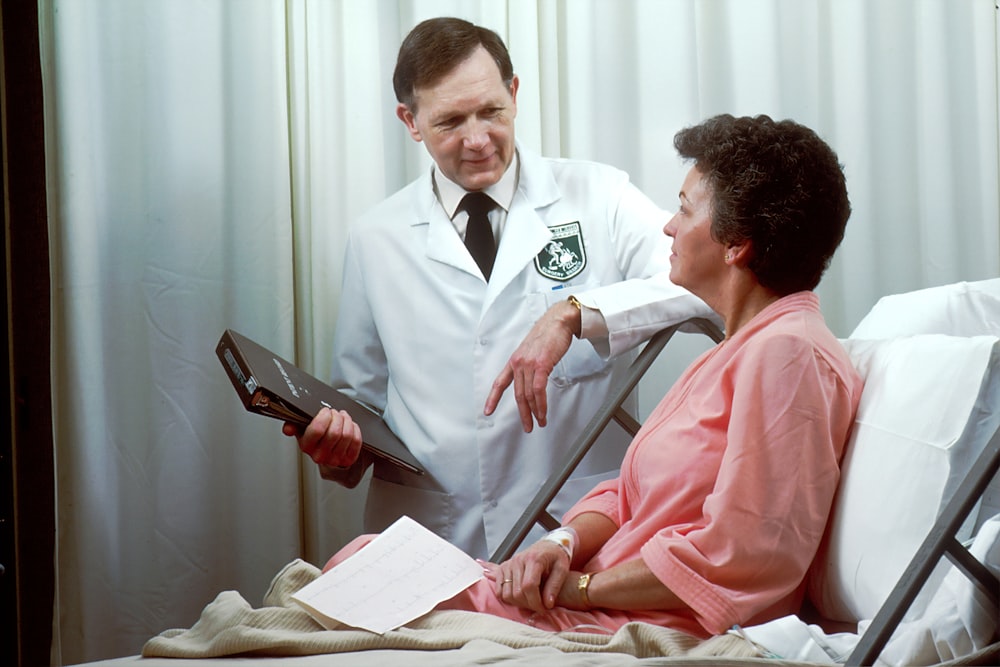
June 25, 2025
Home Sweet Home

Advance directives are not only for the elderly. Unexpected life situations can happen to anyone at any age. Having a legal, written document in place ensures that our medical care preferences are carried out in times of grief or crisis when we are unable to make our wishes known.
Advance directives are an important part of health care. This document allows us to make important decisions involving our own medical care and treatment. It helps guide our loved ones and healthcare professionals in making medical interventions that are in alignment with our wishes. It reduces confusion and disagreement while fostering respect for each of our own unique and individual approach about our own existence.

What is Advance Directive?
A living will is a written document that gives specific instructions about any aspect of one’s health care. It serves its use especially at “end of life” situations, when a person becomes terminally ill or permanently unconscious. A living will determines the type of medical treatment a person would want or not want to receive in cases whereby he is unable to make the decisions and choices on his own. Treatments which can be covered under a living will include:

Also known as a medical power of attorney, this document names another individual as agent to make health care decisions if one becomes incapable of making them. A person can also name a proxy if he wants someone else to make those decisions for him even if he is still capable. Some of the decisions that an agent or proxy will have the right to are:

Before a medical power of attorney can take effect, a person’s physician must first certify that the patient is unable to make their own medical decisions. Durable power of attorney laws varies from state to state. Check your state laws and talk to your health care team for guidance.

POLST stands for Physician Orders for Life-Sustaining Treatment. A POLST form contains a set of specific medical orders that address a person’s wishes in an emergency. However, it is not considered as an advance directive. This form is used and recognized in the state of California and is only available in some states.

The POLST is signed by a qualified member of a person’s health care team such as a doctor, an emergency personnel like paramedics and EMTs (Emergency Medical Technicians). It is a one-page form that identifies how to proceed during emergency situations such as whether to use CPR (cardiopulmonary resuscitation), whether to go to a hospital in an emergency, be put on a breathing machine if necessary, or stay at a certain location (hospice or home) and be made comfortable.
A Do Not Resuscitate (DNR) order clarifies resuscitation treatment such as CPR and the use of AED (Automatic External Defibrillator) to revive and restart the heart as well as the use of life-sustaining devices such as breathing machines or ventilators.
Having a DNR order on hand means that if a person’s heart or breathing stop, nothing will be done to try to revive the individual named on the DNR order. A person signs this form, which gets added to his medical records. It is a legal document that limits the extent of medical measures that hospital staff need to take in situations involving a cardiac or respiratory arrest or both. Please note that a DNR order is only good while you are in the hospital.
Organ and Tissue Donation can be included as part of an advance directive. You can also carry an organ donation card which is provided by most states or add notations to your driver’s license.


https://www.augustahealth.com/health-focused/what-are-advance-directives-and-why-are-they-important
https://www.uofmhealth.org/health-library/aa114595
California Hospital Association
Some of the beautiful free images used in this article are courtesy of: https://unsplash.com/